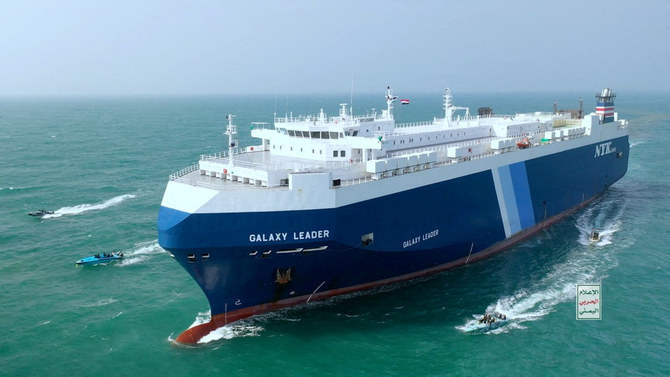
While noting that the UN Security Council has adopted a resolution on Myanmar for the first time since a military coup nearly two years ago, Tom Andrews, UN Special Rapporteur on the situation of human rights in Myanmar, responded by stating that the crisis in Myanmar will worsen unless and until Member States of the UN respond with action. The UN expert released the following statement:
“It is notable that the UN Security Council has passed a resolution on Myanmar for the first time since the military unleashed a brutal crackdown on the people of Myanmar nearly two years ago. I appreciate the efforts made by the United Kingdom and other Security Council Members to craft and advance a resolution that managed to avoid a veto.
With all due respect to the Security Council, however, ‘expressing deep concern’ and demanding that certain actions be taken without any use of the Security Council’s Chapter VII authority, will not stop the illegal Myanmar junta from attacking and destroying the lives of the 54 million people being held hostage in Myanmar. What is required is action.
The systematic gross human rights violations -- amounting to war crimes and crimes against humanity -- being perpetrated daily on the people of Myanmar by an illegal military junta requires strong, coordinated action by UN Member States. The demands put forward in the resolution -- including ‘an immediate end to all forms of violence,’ the release of political prisoners, the need for unimpeded humanitarian access, and the need to respect the rights of women and children -- are critically important but what is missing are consequences for the failure to meet them and the imposition of sanctions and accountability for crimes the military has committed to date. I wholeheartedly agree with Security Council members Norway, the United Arab Emirates, the United States, Iceland, and Mexico that the language of the resolution should have been stronger.
“What the content of this resolution makes clear is that the action that is required to end this crisis will not come from the Security Council. It is therefore imperative that those nations with the political will to support the people of Myanmar take coordinated action immediately to end the carnage. The Security Council resolution should not become a dead-end that is followed by more international inaction. It should be a wake-up call for those nations who support a people under siege.
It is clearly time for the creation of a working coalition of nations who are willing to stand with the people of Myanmar by providing what they need most -- action.
UN Secretary-General Guterres was correct when last month he declared that, with respect to Myanmar, the international community has failed. This failure cannot be rectified by resolutions that have no consequences. It can only be responsibly addressed with targeted, coordinated action. There are viable options for Member States who are prepared to address this failure, including coordinating sanctions, cutting off the flow of revenue that is financing the junta’s military assaults, an embargo on weapons and dual-use technology and robust humanitarian aid that can reach those most in need, among other measures. What is required is the political will to seize them.”
ENDS
Mr. Thomas Andrews (United States of America) is the Special Rapporteur on the situation of human rights in Myanmar. A former member of the US Congress from Maine, Andrews is a Robina Senior Human Rights Fellow at Yale Law School and an Associate of Harvard University’s Asia Center. He has worked with the National Democratic Institute for International Affairs and parliamentarians, NGOs and political parties in Cambodia, Indonesia, Algeria, Croatia, Serbia, Ukraine and Yemen. He has been a consultant for the National Coalition Government of the Union of Burma and the Euro-Burma Network and has run advocacy NGOs including Win Without War and United to End Genocide.
The Special Rapporteurs are part of what is known as the Special Procedures of the Human Rights Council. Comprising the largest body of independent experts in the UN Human Rights system, Special Procedures is the general name of the Council"s independent fact-finding and monitoring mechanisms that address either specific country situations or thematic issues in all parts of the world. Special Procedures experts work on a voluntary basis; they are not UN staff and do not receive a salary for their work. They are independent from any government or organization and serve in their individual capacity.










